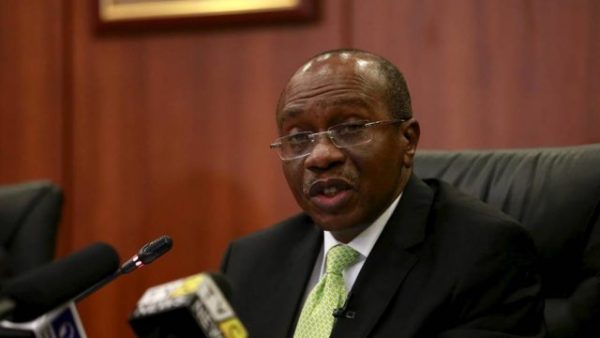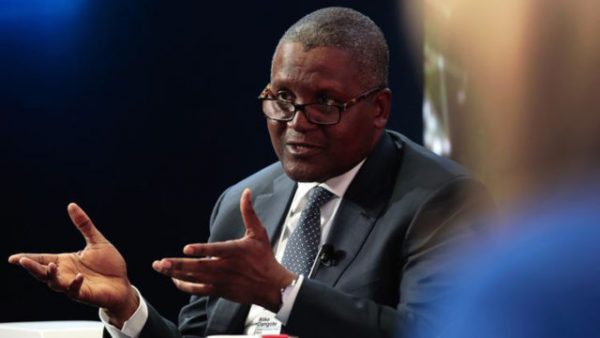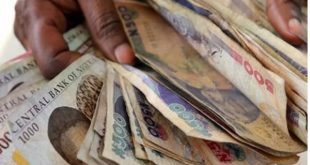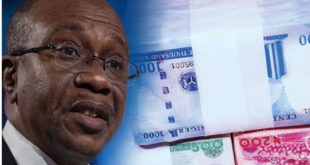
Reactions have continued to trail Tuesday’s reduction of Monetary Policy Rate (MPR) to 13.5 per cent by the Central Bank of Nigeria (CBN) after holding at 14 per cent for 32 months.
Addressing journalists after its Monetary Policy Committee (MPC) meeting in Abuja on Tuesday, CBN Governor Godwin Emefiele, explained that the cut was meant to boost economic growth by making credit accessible to entrepreneurs.

But reacting to the cut, two development economists in Abuja though welcomed the move, however, cautioned that it was not something to cheer about, as it would not alter the country’s credit situation ultimately.
Speaking, Odilim Enwegbara, argued that the action was a mere window dressing by the CBN.

He argued that reducing policy rate artificially using liquidity tightening through mopping and forex intervention that synthetically keeps the naira strong could not spur growth, let alone support investments, because economic growth is always an outcome of pro-real sector investment.

“Liquidity tightening only produces speculation and economic financialisation. Temporarily, it gives government false belief of being domestically creditworthy when the reverse is actually the case.
“Rather than lowering policy rate in an economic environment where liquidity is scarce, it is better to have high liquidity at higher rates because of what use is the low policy rate without liquidity in the debt markets?
“We must first overhaul our monetary policy making that was designed to only promote economic growth that takes into account interest of real sector firms, jobs creation and social inclusiveness,” he stated.
Speaking on the development in relation to the fiscal authority’s plan to raise Value Added Tax (VAT), Emegbara said the problem with Nigeria’s monetary policymaking is that it is done without seeking harmony with fiscal policymaking, insisting that in most cases, the two operate in opposite direction.
Responding, Lead Consultant to ECOWAS and NEPAD, among other development institutions in Nigeria, Professor Ken Ife, commended the action, but also cautioned that it may not automatically lead to improvement in credit access by entrepreneurs from deposit money banks.
He explained that this was because of the presence of over N4 trillion cheap funds at single-digit interest rate from CBN’s earlier MPC policy decision in lowering the Cash Reserves Requirement (CRR) for banks, which is meant for lending as new lines of credit to entrepreneurs.
 MMS PLUS NG – Maritime, Aviation, Business, Oil and Gas News Online Newspaper with coverage in Maritime, Oil and Gas, Aviation, Power and Energy as well as Financial News
MMS PLUS NG – Maritime, Aviation, Business, Oil and Gas News Online Newspaper with coverage in Maritime, Oil and Gas, Aviation, Power and Energy as well as Financial News









